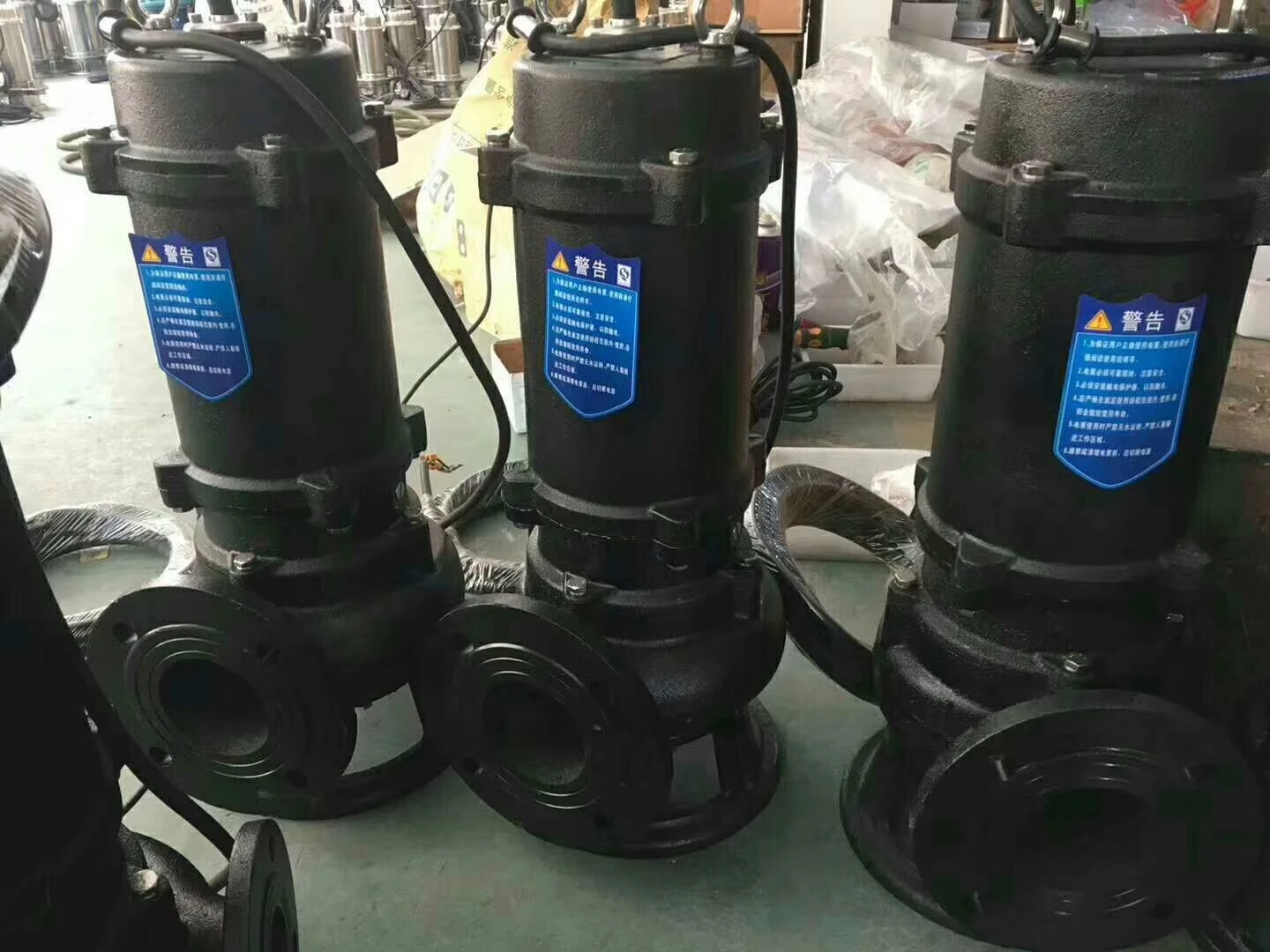Kannada
- Afrikaans
- Albanian
- Amharic
- Arabic
- Armenian
- Azerbaijani
- Basque
- Belarusian
- Bengali
- Bosnian
- Bulgarian
- Catalan
- Cebuano
- Corsican
- Croatian
- Czech
- Danish
- Dutch
- English
- Esperanto
- Estonian
- Finnish
- French
- Frisian
- Galician
- Georgian
- German
- Greek
- Gujarati
- Haitian Creole
- hausa
- hawaiian
- Hebrew
- Hindi
- Miao
- Hungarian
- Icelandic
- igbo
- Indonesian
- irish
- Italian
- Japanese
- Javanese
- Kannada
- kazakh
- Khmer
- Rwandese
- Korean
- Kurdish
- Kyrgyz
- Lao
- Latin
- Latvian
- Lithuanian
- Luxembourgish
- Macedonian
- Malgashi
- Malay
- Malayalam
- Maltese
- Maori
- Marathi
- Mongolian
- Myanmar
- Nepali
- Norwegian
- Norwegian
- Occitan
- Pashto
- Persian
- Polish
- Portuguese
- Punjabi
- Romanian
- Russian
- Samoan
- Scottish Gaelic
- Serbian
- Sesotho
- Shona
- Sindhi
- Sinhala
- Slovak
- Slovenian
- Somali
- Spanish
- Sundanese
- Swahili
- Swedish
- Tagalog
- Tajik
- Tamil
- Tatar
- Telugu
- Thai
- Turkish
- Turkmen
- Ukrainian
- Urdu
- Uighur
- Uzbek
- Vietnamese
- Welsh
- Bantu
- Yiddish
- Yoruba
- Zulu
Telephone: +86 13120555503
Email: frank@cypump.com
ಡಿಸೆ . 14, 2024 04:38 Back to list
Sewage Pump Solutions for Efficient Wastewater Management and Environmental Safety
The Importance of Sewage Water Pumps in Modern Infrastructure
Sewage water pumps are an indispensable part of modern infrastructure, playing a crucial role in the management and treatment of wastewater. As urbanization accelerates and populations increase, the demand for effective sewage management systems has become more pressing. This article explores the significance, functionality, and advancements in sewage water pumps, shedding light on their vital contribution to public health and environmental protection.
The Role of Sewage Water Pumps
Sewage water pumps are designed to transport wastewater from homes, industries, and commercial establishments to treatment facilities. This process is critical for preventing contamination of natural water sources and promoting public health. Wastewater contains harmful pathogens, chemicals, and organic matter that, if left untreated, can lead to serious health risks and environmental degradation.
These pumps are typically installed in a variety of settings, including residential developments, municipal sewage systems, and industrial waste treatment facilities. Depending on the application, sewage pumps come in various designs and capacities. Some are submersible, designed to operate while submerged in wastewater, while others are above-ground models that rely on suction to move sewage.
How Sewage Water Pumps Work
The operation of sewage water pumps is relatively straightforward, yet it requires specialized engineering to handle the unique challenges posed by wastewater. Most sewage pumps utilize centrifugal force to move water. When the impeller within the pump spins, it creates a vacuum that draws sewage into the pump and then propels it through discharge pipes.
Sewage water pumps are engineered to handle solid waste materials, including fecal matter and other debris that may be present in wastewater. This capability is critical, as blockages can occur if pumps are not designed to manage solids effectively. Many modern pumps are equipped with features like grinder mechanisms that break down solid materials into smaller particles, allowing for smoother transportation and reducing the risk of clogs.
sewage water pump

Advancements in Sewage Water Pump Technology
As technology continues to evolve, so too do sewage water pumps. Recent advancements have focused on improving efficiency, reducing energy consumption, and enhancing durability. For instance, variable frequency drives (VFDs) are now commonly used in sewage pumps to allow for adjustable motor speeds. This not only optimizes energy use based on the demand but also extends the life of the pump by reducing wear and tear.
Moreover, smart technology has begun to permeate the wastewater management industry. Internet of Things (IoT) devices can now monitor pump performance in real-time, alerting operators to potential issues before they escalate into major problems. This proactive approach can significantly reduce maintenance costs and ensure uninterrupted operation, which is vital for public health and safety.
Environmental Impact and Sustainability
The role of sewage water pumps extends beyond functionality; they also have a significant impact on environmental sustainability. Proper sewage management prevents the release of untreated wastewater into rivers and oceans, safeguarding ecosystems and protecting wildlife. Moreover, well-functioning sewage treatment facilities can recycle water and recover valuable byproducts, such as biogas, which can be used as a renewable energy source.
As cities strive for greener infrastructures, the integration of sewage water pumps into sustainable urban planning becomes more crucial. The use of energy-efficient pumps and the implementation of eco-friendly materials contribute to reducing the environmental footprint of wastewater management systems.
Conclusion
In conclusion, sewage water pumps are a cornerstone of modern infrastructure that underscores the balance between urban growth and environmental health. Their critical function in transporting and treating wastewater protects public health and preserves natural ecosystems. As technology continues to advance, the future of sewage water pumps looks promising, with innovations poised to improve efficiency, sustainability, and reliability in wastewater management. Investing in these systems not only ensures a cleaner environment but also fosters a healthier society for generations to come.
-
Reliable Non-Clog Sewage Pumps with GPT-4-Turbo Tech
NewsAug.04,2025
-
High-Performance Air Pumps for Sand & Gravel | Efficient Transport
NewsAug.03,2025
-
ISG Series Vertical Pipeline Pump - Chi Yuan Pumps Co., LTD.|Energy Efficiency, Corrosion Resistance
NewsAug.03,2025
-
ISG Series Pipeline Pump - Chi Yuan Pumps | Energy Efficiency&Compact Design
NewsAug.03,2025
-
ISG Series Vertical Pipeline Pump - Chi Yuan Pumps Co., LTD.|High Efficiency, Low Noise, Durable
NewsAug.02,2025
-
ISG Series Vertical Pipeline Pump - Chi Yuan Pumps | High Efficiency, Low Noise
NewsAug.02,2025










